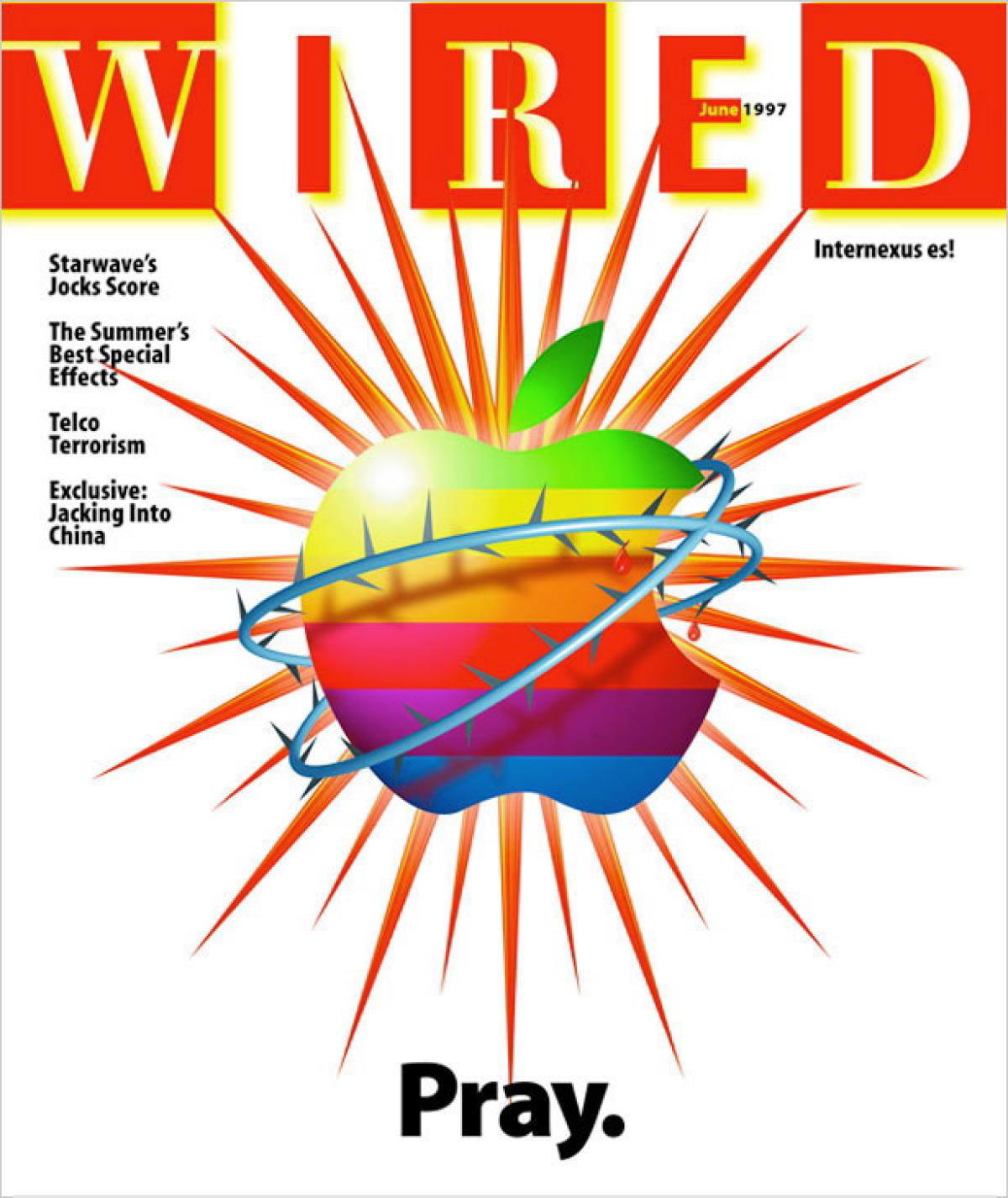

MindVox on the Rocks
by John Alderman
1997
After a crash in early March disabled the celebrated BBS MindVox, users received a message that the system wouldn’t go live until 1 April, and after that its unstable hard disks would go down after five days. Anyone who valued what was on the board had better download whatever they could, the message urged.
Users responded like a town learning that a cruel hurricane was coming — MindVox was a long-treasured home to many, built from years of conversations, feuds, and loves.
The reality was worse than the message hinted. After only two days MindVox ground to a halt and has since come back online only sporadically.
Bruce Fancher, owner and co-founder of the New York BBS, downplays the troubles, instead pointing to ambitious plans for its future. He says MindVox is a great “ready-made” community that will mesh well with a new conferencing system his company is developing, called Evolution Online Systems. “We’re announcing some major changes and upgrades to the service over the summer,” Fancher said.
For many of the users, though, Fancher’s words echo earlier promises, which they feel were unfulfilled. None seem ready to give up the close-knit MindVox community, which began in 1991, but many are determined to define the community on their own terms, and in some cases software.
“It’s done,” said Racheline Maltese, a long-time user and former employee of MindVox. “Some won’t go back because it’s unreliable.” Says Tom Higgins, also known as tomwhore on MindVox: “In the beginning it was the only place we had to go. Now that’s just not the case.”
After the March crash, a user and former employee put up a quick prepackaged BBS. Within a few days, Maltese said, about 100 of the core users found it and were continuing as if nothing happened. Other ex-users are planning to write their own BBS to replace parts of MindVox they particularly liked. Other quick-fixes include the Voxers-At-Large mailing list, as well as a dedicated IRC channel.
MindVox was the oldest ISP in New York City after Panix, but narrowed its focus on conferencing after competition with newer ISPs made the frustrations of technical problems less worthwhile. It was MindVox’s sense of community and its semi-dangerous glamour of the hacking world that drew users. The online community quickly evolved into a physical one, made easy because most users lived in New York.
“At that point on the Internet it was very easy to be a celebrity, or at least feel like one,” says Maltese. “With the reputation Vox had, it was hard to resist. It felt like something really secret and renegade. Like we were on the edge of some brave new frontier.”
The incestuousness of the company and community may have led to its apparent downfall. Not only were employees emotionally entangled, they were usually core users. Higgins, who was tech support, says he had trouble giving support or friendship to angry customers who were otherwise close friends.
Others found jealousy aimed at them from other users over their jobs within the company. “People would hold long debates in public forums about how I got my job,” says Maltese. “You have to understand everyone was sleeping with everyone and almost everyone seemed to be in the business…. It was really horrible.”
Fancher seems inured to the latest uproar, saying users will return home after the upgrades.
“That’s par for the course with Vox people,” he shrugs. “No surprise.”






Recent Comments